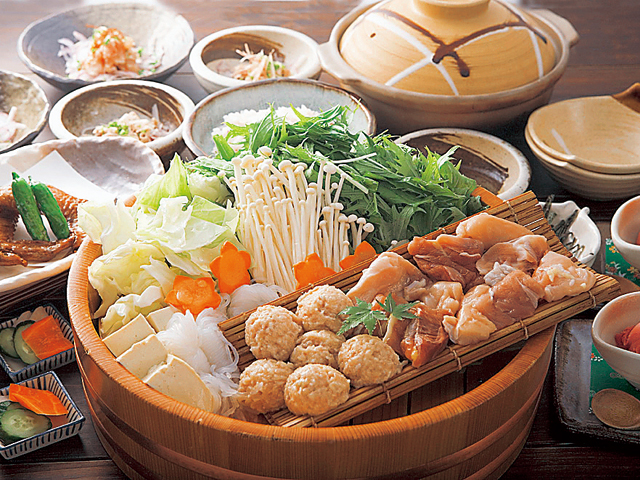
You can enjoy dishes made from safe and body-friendly ingredients grown in the nature of Kyushu, such as Genkai-nada's natural local fish, Amakusa Daio and Aitadori, which were purchased at the market that morning. You can enjoy Hakata's specialty dishes, such as water-cooked with plenty of collagen and 100% of beef from Kumamoto, in a calm atmosphere of pure Japanese style, complete with private rooms.
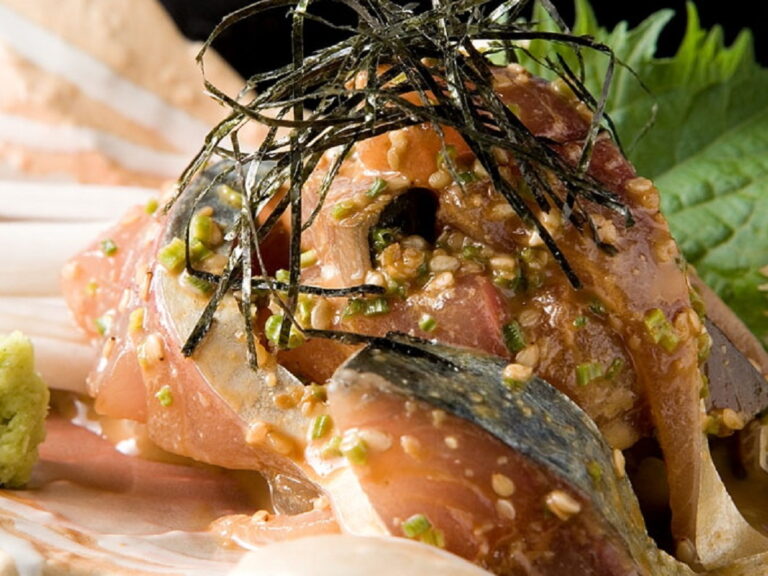
A restaurant where you can enjoy creative dishes that make use of seasonal fish and shellfish from Goshima, mainly mackerel whose freshness arrives directly from Goshima, Nagasaki Prefecture. The chef, who has honed his skills at a famous restaurant, offers a gem with craftsmanship to enhance the best of the ingredients. The shabu-shabu of the specialty Goshima mackerel is a series of repeat visitors due to the freshness of the ingredients and the high-fat flavor. If you squeeze the mackerel quickly, it will have a plump and rich taste including stock. Let's taste it with fresh vegetables. For 〆, please goshima udon noodles with mackerel and vegetable umami. The four-season ingredients selected by the head chef are rich in meat, not to mention Gōjima fish and shellfish such as squid and sea cucumber, but also Ijima pork, which was painstakingly bred in Ishima, Fukuoka, and Imari beef from Imari, Saga.
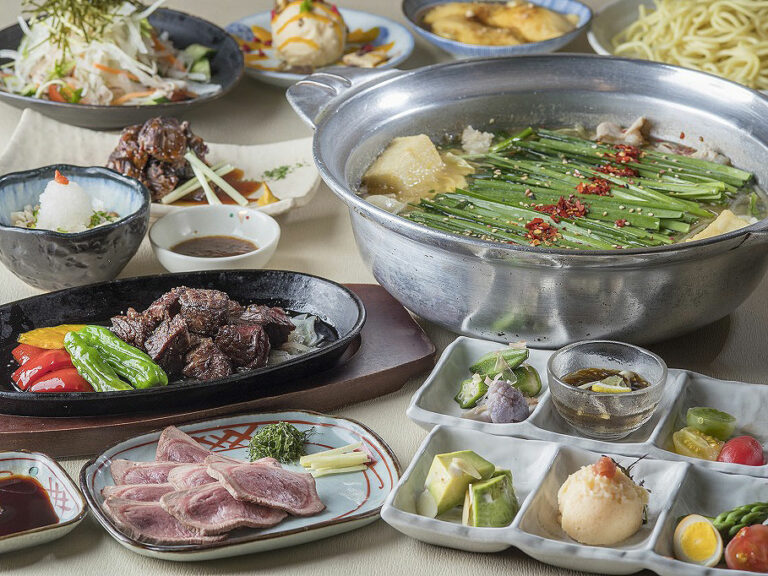
Motu-pan, which is an original Kyoto white miso-style soup, has an elegant taste. Since we use only fresh and fine motu, which is directly purchased, the feeling of pre-pripis is different. Fried tofu with yuzu goshō is also served with hwa on the motu. There is a head office in front of Hakata Station.
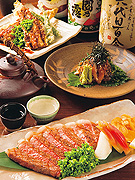
You can taste the shopkeeper's specialty dishes based on providing local cuisine in Kyushu. Vegetables are purchased from contract farmers, and rice has a dedicated rice field. There are about 350 to 400 kinds of shochu, and 30 kinds are replaced per month. It's never cheap, but foodies gather every night in search of the real taste, carefully put on their hands.

Wakagyu sake brewery, which specializes in Japanese beef beef, has a reasonable taste of Wagyu beef and plenty of sake.

You can eat Hakata's specialty Meita Gyoza and Korean cuisine with their own arrangements. Among them, the most popular is the Korean-style hormone sweet and spicy miso stir-fried 1200 yen. Pork Barra Pockum 1000 yen in the Korean food menu of Pyonchi is a dish that everyone will be satisfied with. At the beginning, it starts from 350 yen (2 bottles) with beer.
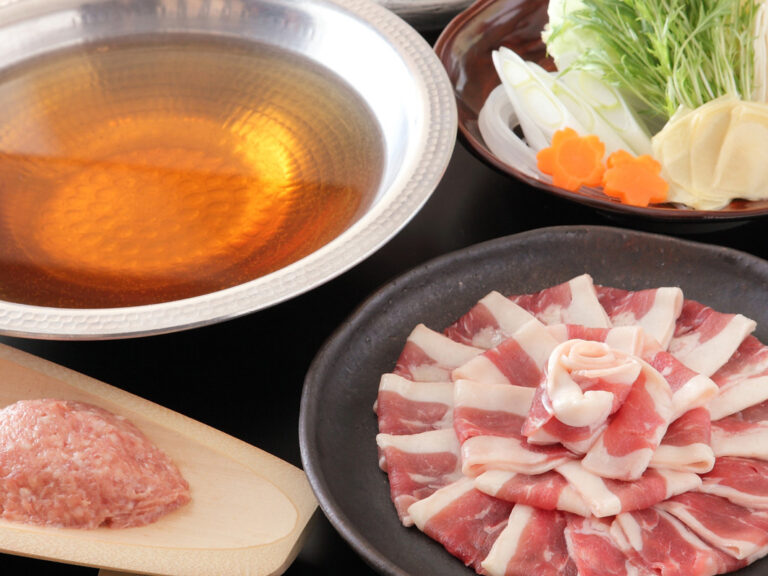
The Nishinakasu store of "Mizutaki Ryotei Hakata Huamibirdo". They offer local dishes of Hakata, water-takings, using the stock-name chicken "Huami Bird". The secret to deliciousness is that healthy chickens grown on feed exclusively for Huami birds under the natural sunshine and the stress-free environment of the wind. There are many fans of the water, which focuses on soup and vinegar, as well as the proud chicken. The landlady's recommendation is the Hua course, a full course of water-wickering that includes from seasonal appetizers to special dishes made by the head chef and desserts. The hot pot course is also popular, as it is a special selection limited to the West Zhongshu store. I want to fully enjoy the real water in a calm atmosphere.
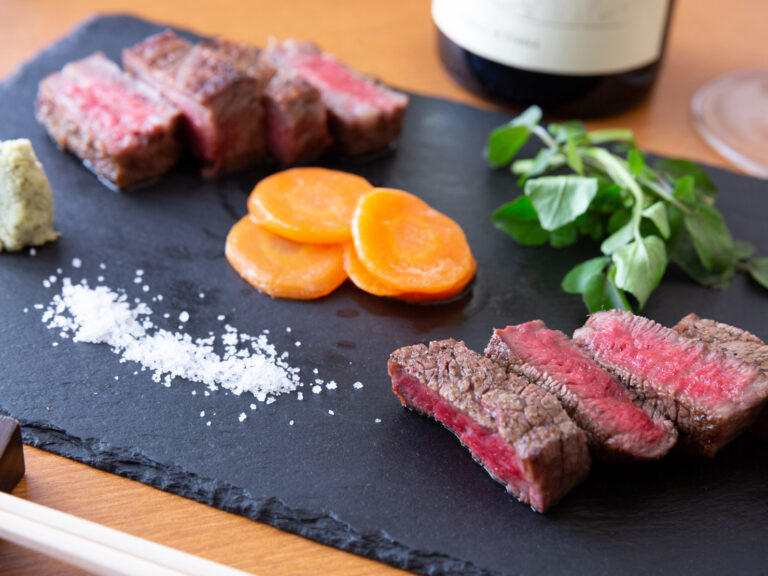
A Japanese restaurant close to Tenjin Central Park. They use special ingredients, such as fresh seafood and vegetables in the seasonal area, beef of Japanese beef, and eat them in a cooking method that makes the most of the original taste of the ingredients. The fresh fish offered by the purchase of the day, such as the Ishigaki Bream on Genkai Island and the Red Mutsu on Tsushima, will change, and the course will only be left to the course. Kuroge Wagyu beef from six prefectures in Kyushu, dry-aged in a custom-made meat cellar, has plenty of umami. Site and quantity at your liking. Please enjoy "Wagyu beef Taki no Yuntan no Sase" with a selection of local sake and wine.
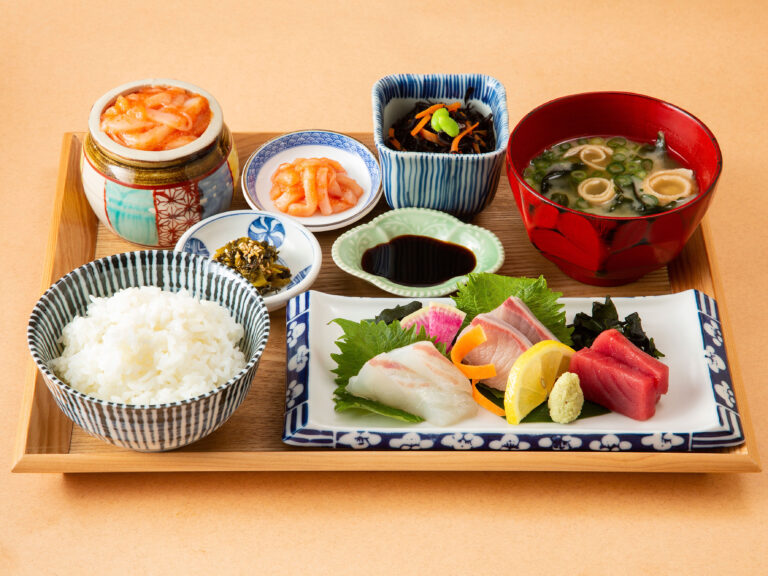
There is a morning set meal from 7 o'clock, and the "morning sashimi set meal" 950 yen is the most popular. If you order "set meal/bowl" throughout the day, "you can eat squid." from the evening, there will be one-dish dishes that are perfect for sake, such as Hakata's specialty "Gomasaba" and "Shuri".

Itamae Kappo's shop, which has a reputation for the active fish dishes of Genkai Nada, centered on sushi. Since its inception in 1947, there are not a few patronage customers who rush from Tokyo and Osaka. At night, the top is 5940 yen, and the kaiseki dish is 13,200 yen. The store, which has a beautiful lattice, is designed by architect Junzo Yoshimura.









